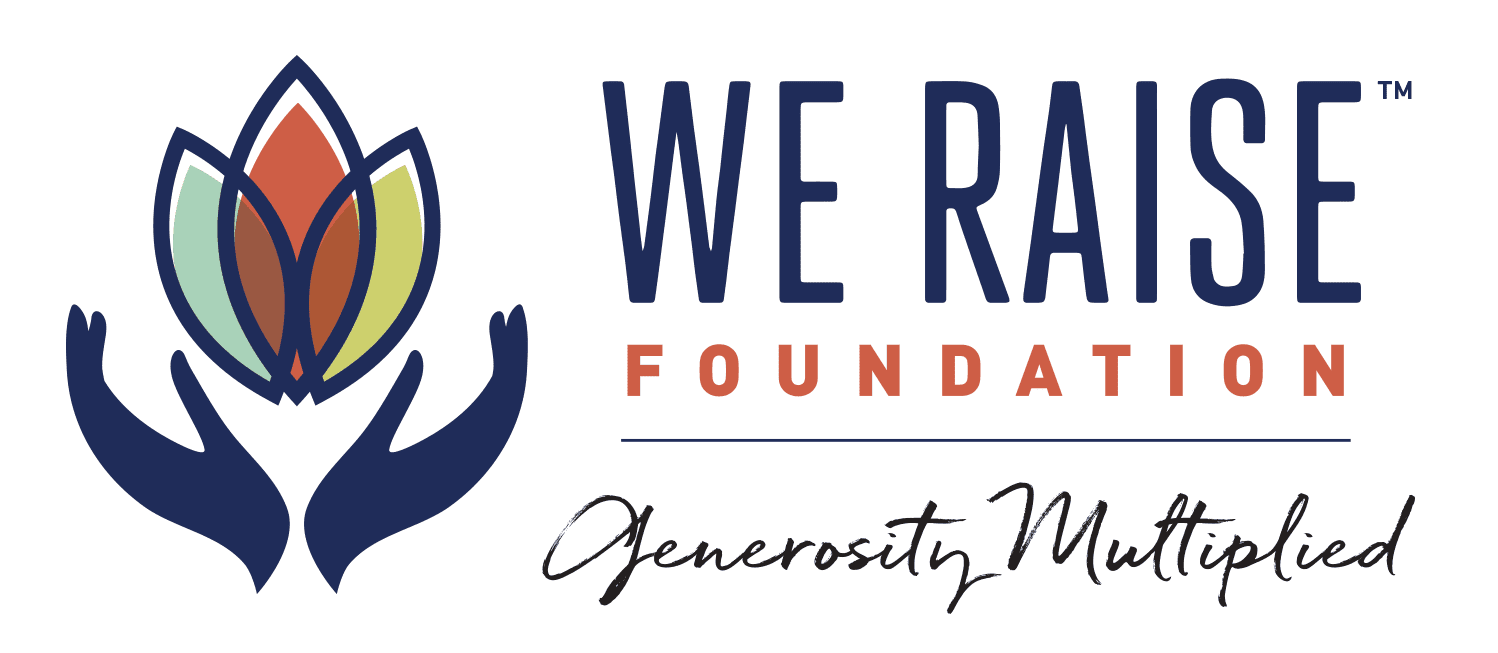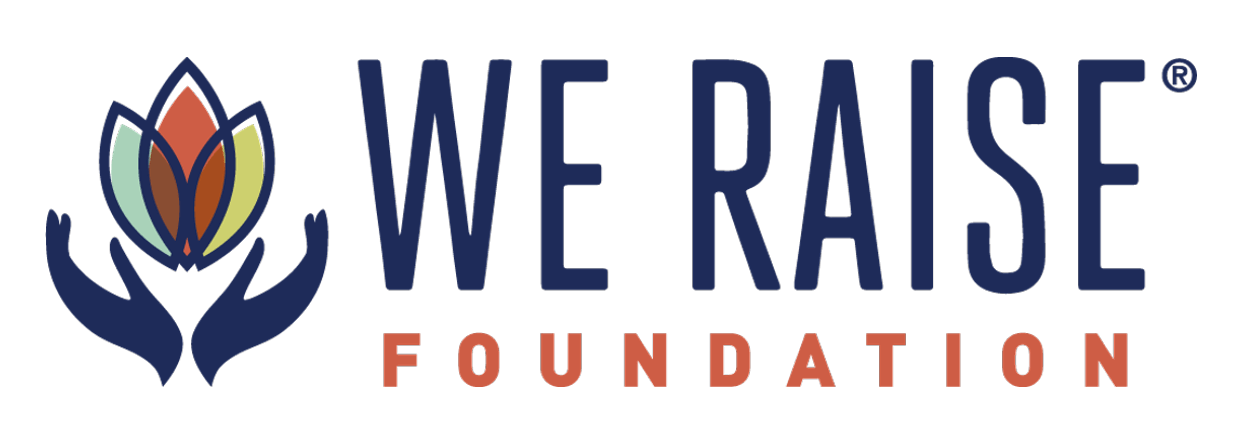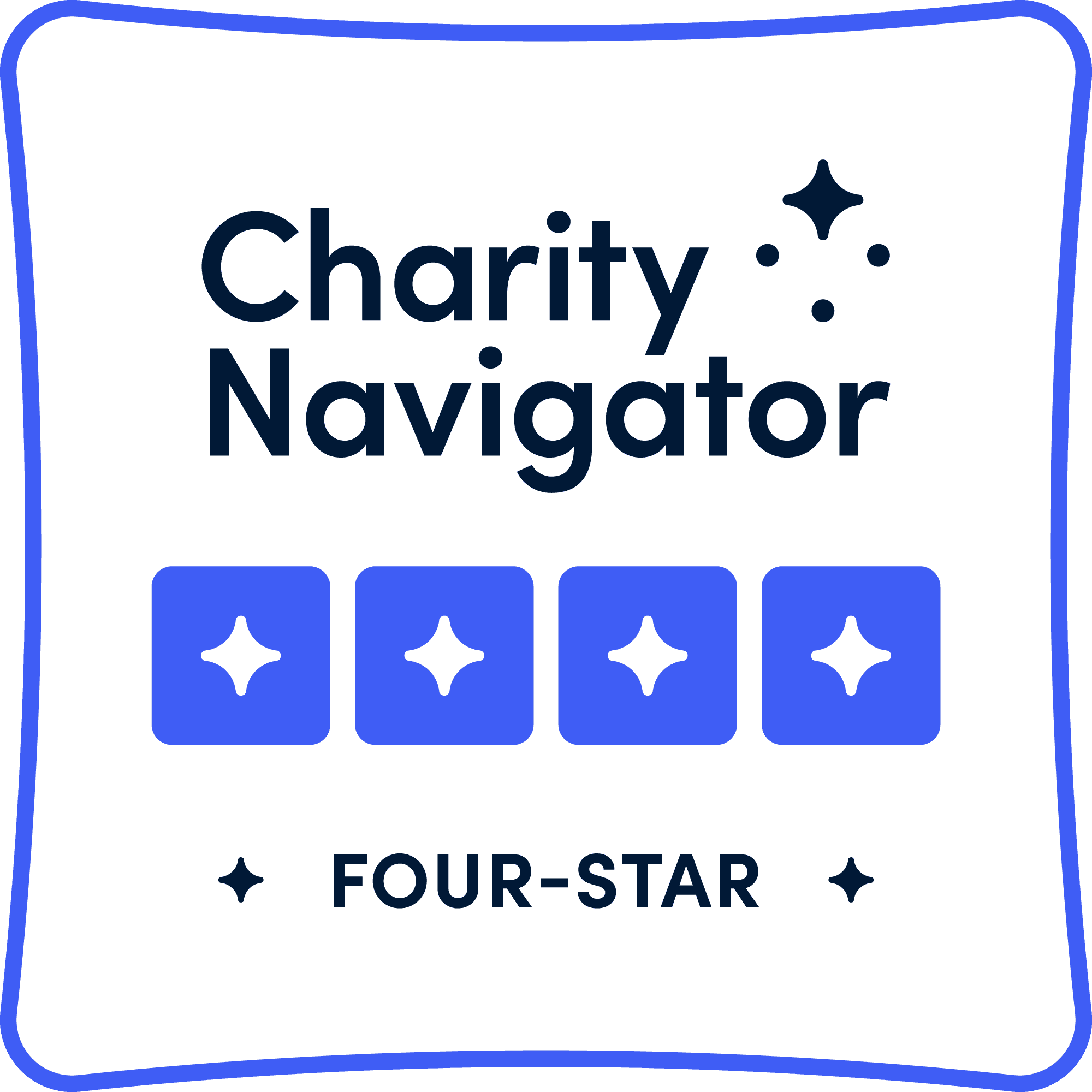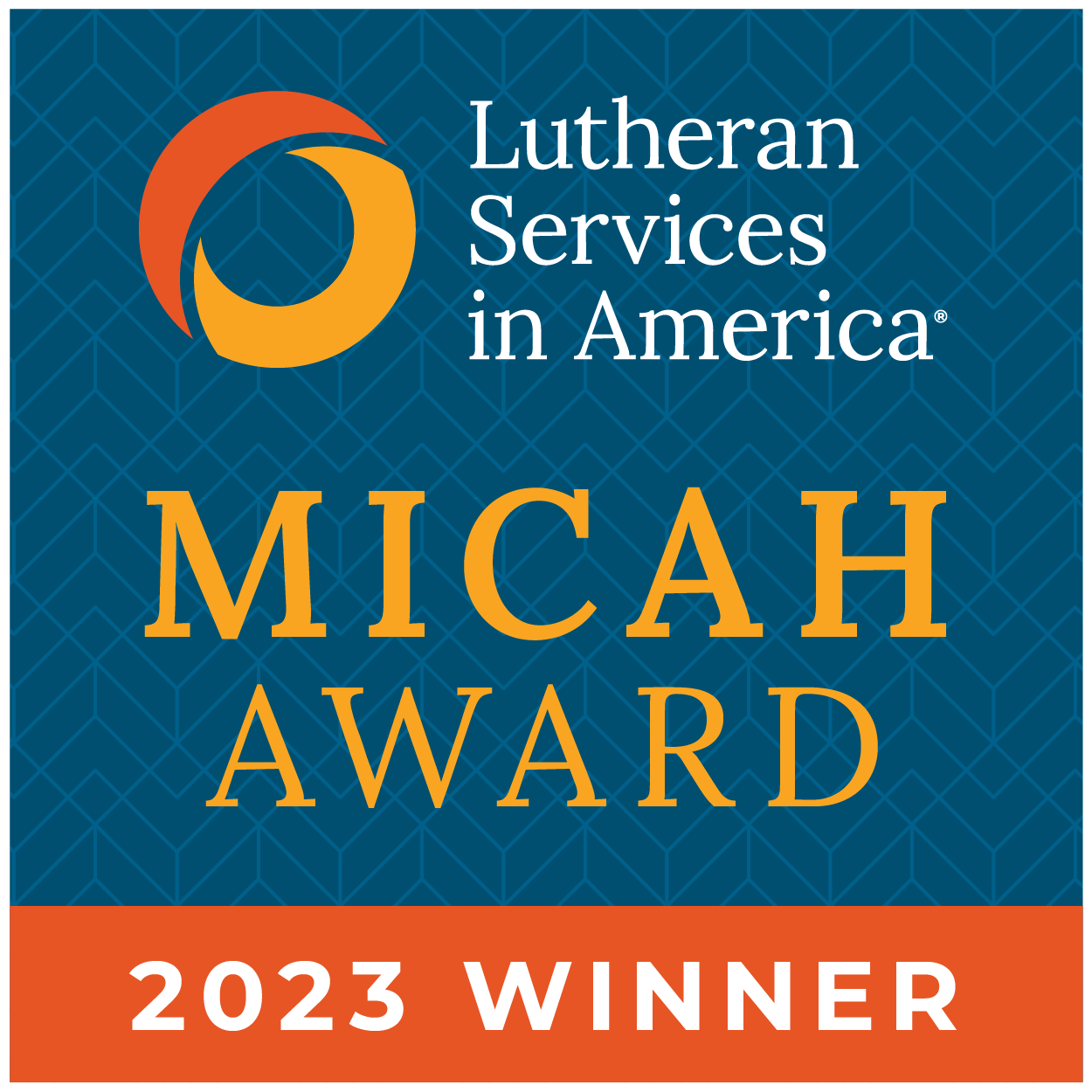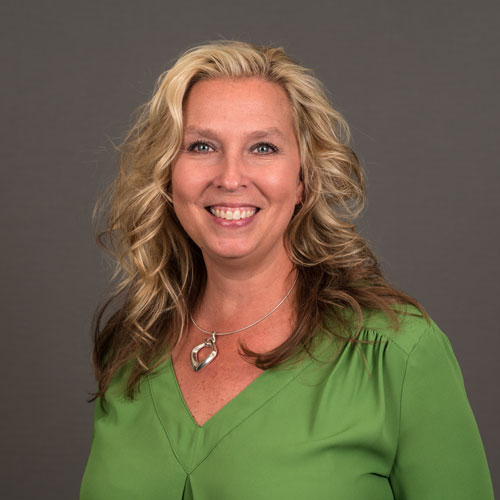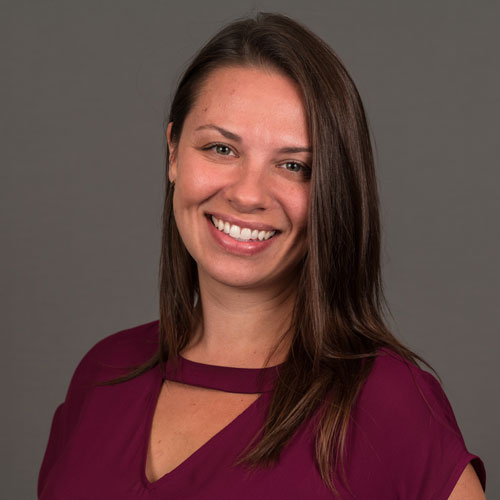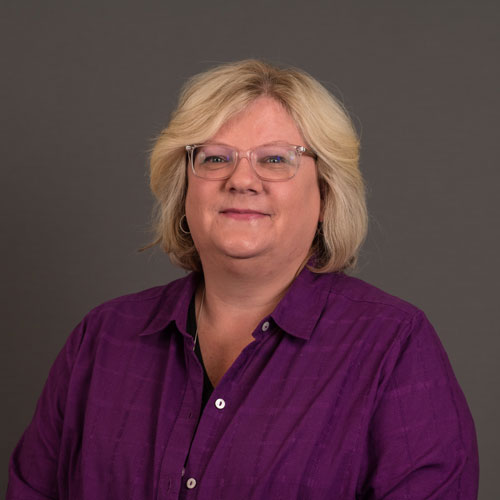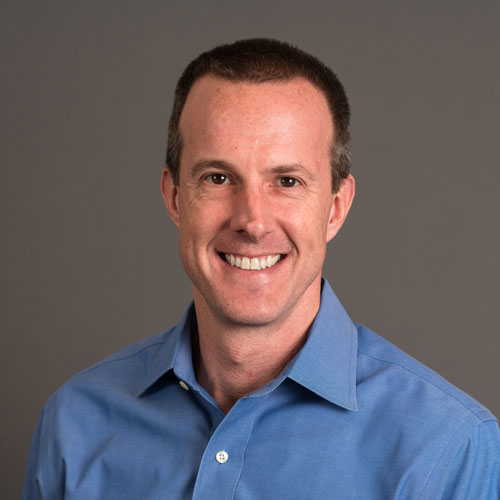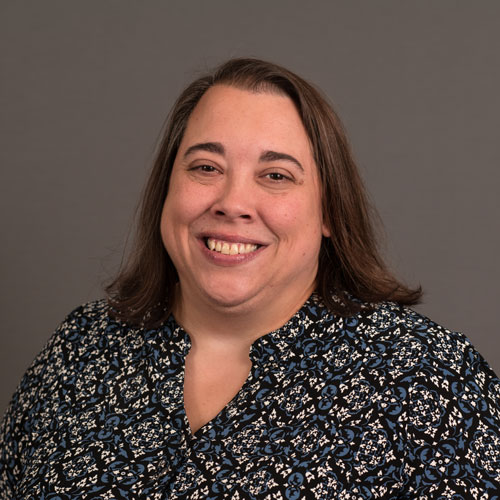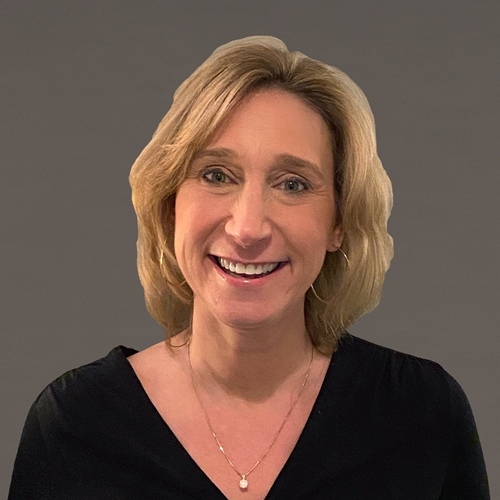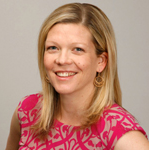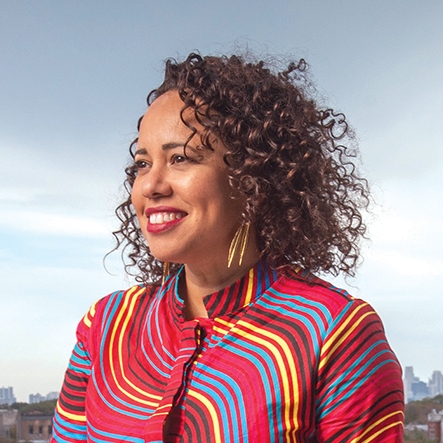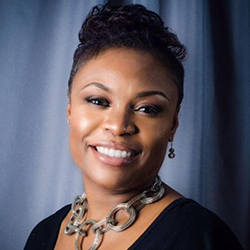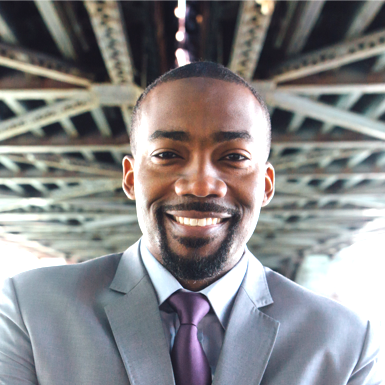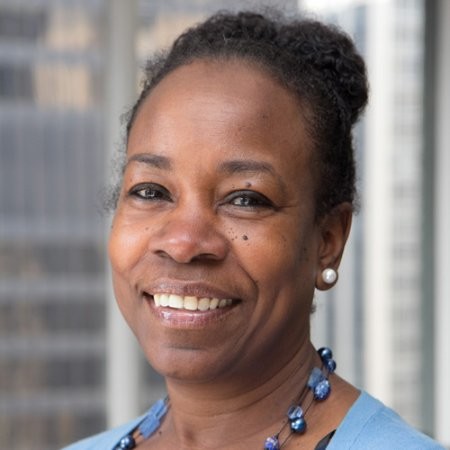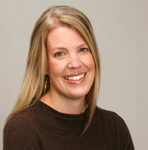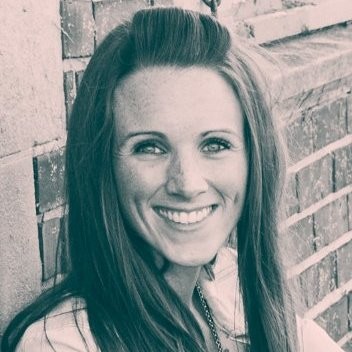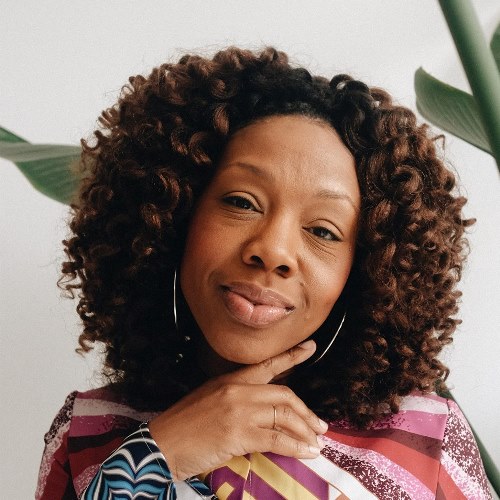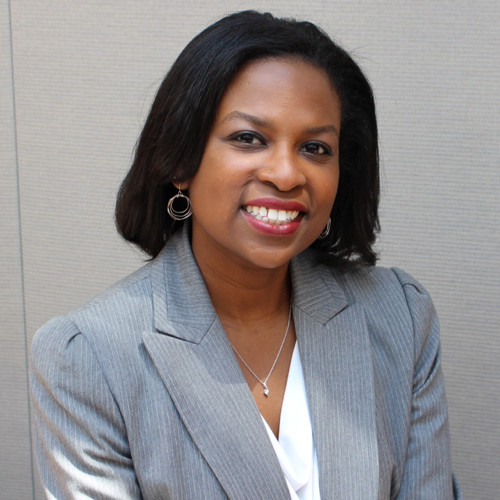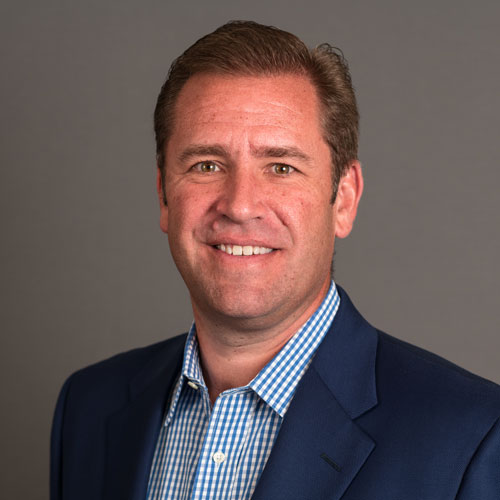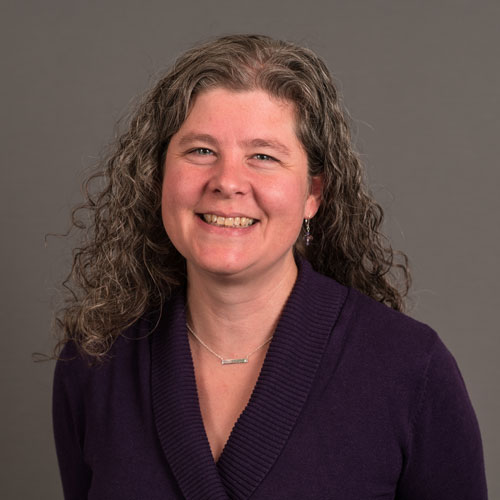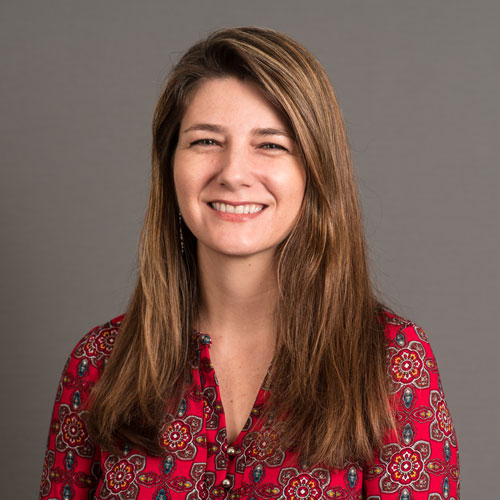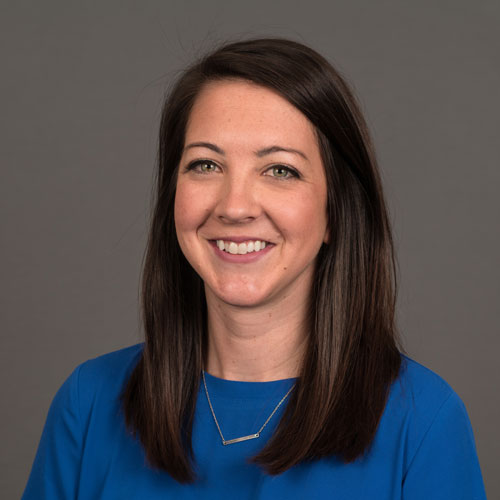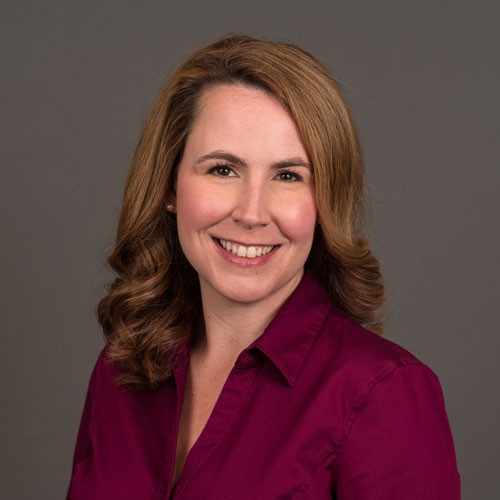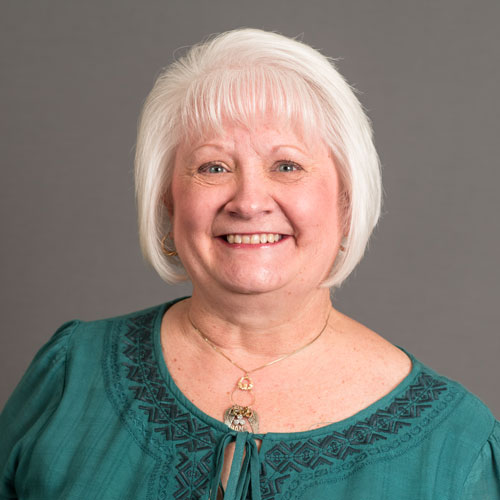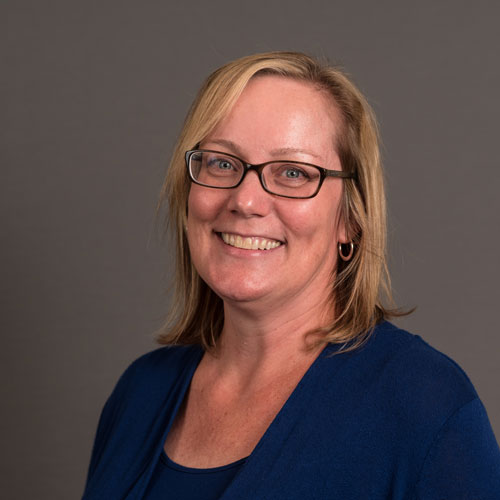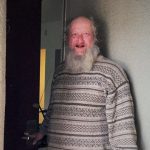Breaking The Cycle On Milwaukee’s South Side
Tasha was just 17 and living with her boyfriend at his mother’s house when the Milwaukee police arrested her for prostitution. With no money and no job, Tasha had been working the streets to pay the weekly rent her boyfriend’s mother expected from her.
The police offered her a choice: receive a ticket and a fine, or accept a diversion to Benedict Center’s Sisters Program. Tasha took the diversion, and subsequently thrived through counseling and case management, participation in a paid transitional jobs program, and the care and mentoring of other “Sisters.” Today she has her own apartment and a stable job, and she often visits Sisters Program to encourage other women in their journeys.
Sisters Program is a cooperative effort between the Benedict Center, the Milwaukee Police Department, the District Attorney’s Office, religious communities, and neighborhood organizations. During a 2011-2014 pilot program on Milwaukee’s north side, 71% of women enrolled completed the program and stayed engaged beyond the minimum 6 months, and only 18% of women incurred a new prostitution charge in the year after their enrollment.
In 2016, Wheat Ridge Ministries approved Benedict Center’s $50,000 two-year grant in order to bring Sisters Program to Milwaukee’s south side and help more women break away from the sex trade and human trafficking.
“Police and the community members understand that investigating, arresting, prosecuting, time spent in jail, and subsequent release does nothing to address the underlying situation,” notes Arnitta Holliman, Sisters Program Director. “Too many resources are spent on continuing the cycle, while Sisters Program actually works to break the cycle.”
Other programs require women to be off the streets or not using drugs –and subsequently turn them away if they don’t meet these requirements—but Sisters Program services are tailored to the needs of each woman. This means they meet women where they are and respect their own ability to change by allowing them to determine their goals and working with them every step of the way.
“During the pilot program, we learned that most of our clients are either street homeless or housing insecure,” Holliman says. “’A woman arrested for prostitution may be held for a couple days and then then released, but her immediate needs haven’t been met—and there can be a myriad of underlying needs. We exist so we can help address the underlying needs.”
Holliman and her staff also spend time educating the community and stakeholders about the program during resident association meetings, neighbor center meetings, and more. “We ask the community if they would rather see these women arrested or see them receive treatment or services,” Holliman says. “I think residents have come to understand that we can’t arrest our way out of the problem.”
Thanks in part to the Wheat Ridge grant, the Sisters Program southside drop-in center opened in January 2017 with the goal of providing services to 25 women in its first year of operation. As of March 2017, Holliman said 16 women have benefitted from services such as crisis management, safety planning, case management, psycho-educational groups, coordination of access to emergency shelter, sexual assault/domestic violence services, detox programs or health care. Sisters Program street outreach workers have been concentrating on the southside neighborhoods with high rates of prostitution, offering food, hygiene products, and resource information.
The Benedict Center and Sisters Program staff are grateful for Wheat Ridge’s financial assistance and encouragement. “It’s priceless—there’s no way to quantify the support that enables us to do what we do for the women we serve,” Holliman says.
Thanks to Wheat Ridge donors, community programs like Milwaukee’s Sisters Program give women an opportunity to safely leave the streets and lead healthier lives. Your support makes a difference.
